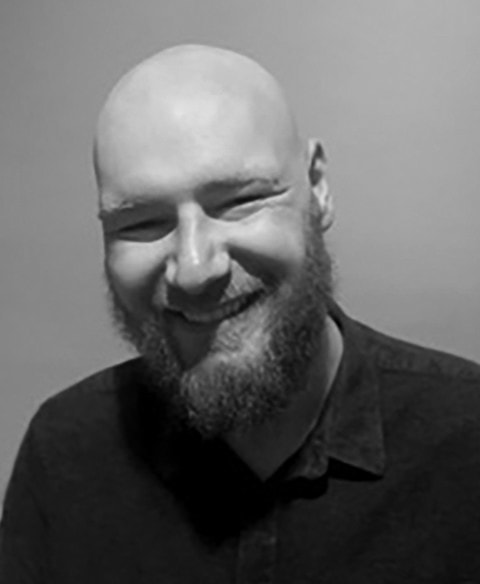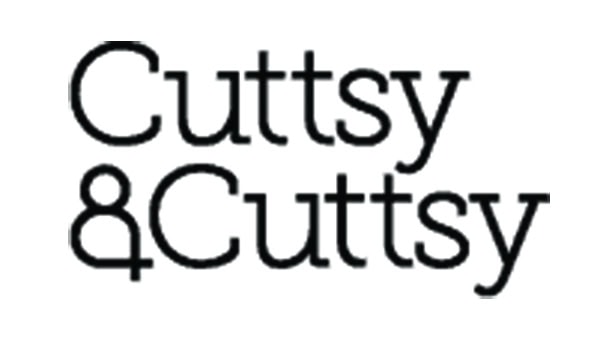
True connection. No, not a 90s pop band, but instead a relationship between individuals that goes beyond surface-level interactions. We’re talking about something deeper than patient engagement and broader than patient-centricity. Which, for clinical trials, could mean improved trust and greater reception to recruitment, increased compliance and engagement, better emotional support and enhanced patient safety.
But is it really possible to build and sustain connection at this level and, if so, how?
To build meaningful and lasting connections, the relationship needs to go both ways. Before we speak, it’s important that we listen. Particularly when it comes to rare diseases, patients often need to self-advocate and rapidly become experts in their condition. But traditional pharma approaches to patient engagement typically reach the same groups of people, like those with high levels of health literacy, or free time to spare. This is not always representative of the target audience, which is why we need to provide a forum for everyone to have their voices heard and provide meaningful input on how we can keep working to serve their needs. Enable and empower anyone, anywhere, to share their opinions and ideas in an easy, potentially one-off way.
We also need to move beyond just engaging with those who might be eligible for a clinical trial, as well as giving people more reasons to get involved in research, beyond potential access to new medicines, by helping them feel like they’re part of something bigger. Higher-level societal engagement relates to the involvement of entire communities in broader activities and discussions around clinical trials and drug development. In rare disease research, communities of patients, families and advocates are assuming increasingly influential roles and, as rare diseases overwhelmingly affect children, there is a real need for wider family involvement too.
Which means that we need to develop routes that all communities find attractive, appropriate and feasible. And for the rare disease community, this is where establishing networks becomes key to providing the support that is required. We know that those with a rare disease often feel isolated and crave the shared experience and support of a broader community. Because let’s not forget that those living with a rare disease may have been awaiting a diagnosis for many years (typically four to five, although up to 30 years is not uncommon) and consequently often feel misunderstood. This also makes trust building, a clear hallmark of building true connections, a more intensive practice.
When it comes to questions about medical research, the information age we find ourselves in can make it difficult to find relevant, accurate answers. There’s a real need for active engagement and outreach that connects people to trusted information sources and delivers more personalised support. This means that approaches to societal engagement should also bring patients into contact with the wider healthcare and medical research community (healthcare professionals [HCPs], site staff and pharma leaders) to build trust and transparency.
So, yes there are a number of things that work synergistically in the process of nurturing true connections. But to build programmes that hit deep, we need to listen closely to everyone, and speak with consistency, empathy and transparency, delivering the right message to the right person at the right time.
We’ll be frank; it’s not always easy, and it certainly requires expertise, perseverance, a large number of insights as well as considered application. But we can say, hand on heart, that from our experience, it’s worth it. And your clinical trial recruitment, engagement and retention stats will likely agree. But it’s more than that too. It’s about building a feeling, one that inspires action and that lasts. With patients, caregivers and HCPs alike.
Because ultimately, it’s more than just data or figures; it’s about making meaningful impact for all.
References are available on request.
This thought leadership piece appeared in the May edition of PME. Read the full issue here.





